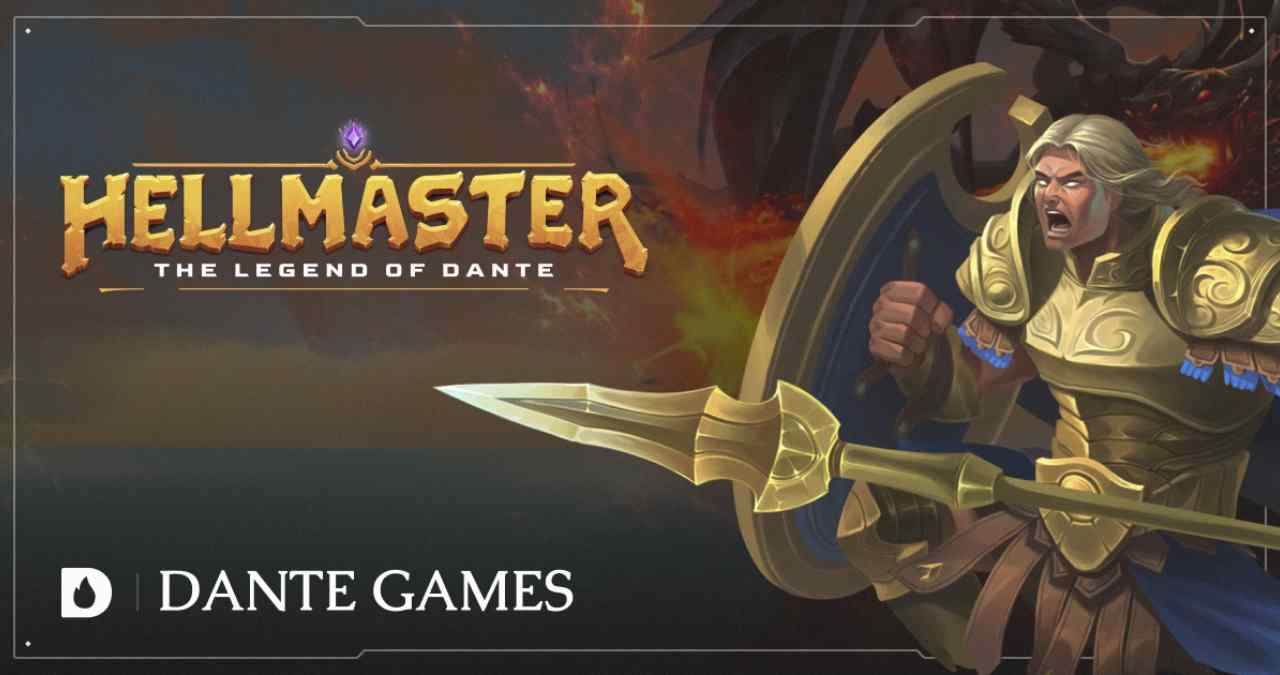Dante Games is framing its upcoming Token Generation Event (TGE) as more than just a launch. Beginning July 29, the platform is rolling out a tournament series with $100,000 in total rewards, spread across multiple games and community events tied to the broader Dante ecosystem.
This isn’t just a one-off competition or marketing push. It’s structured as a multi-phase rollout designed to onboard players, generate token utility, and showcase the platform’s approach to competitive Web3 gaming.
Tournament runs parallel to token launch
The TGE tournament series is timed to launch right alongside Dante’s $DANTE token going live. Instead of separating gameplay and tokenomics, this event treats them as interconnected. Participants will earn rewards both in-game and in token-based prizes, depending on where and how they engage.
There’s a clear push to create activity around the token’s debut, but it’s layered with actual competitions — not just staking or idle farming mechanics. Events will be held across several of Dante’s titles, all part of its growing Web3 ecosystem.
By anchoring the tournament to its token release, Dante is aiming to align its player base and investor base from the start, something not all Web3 projects have managed to do cleanly.
Multi-title event structure
The $100K prize pool isn’t locked into a single title. It’s distributed across various games within the Dante platform, including both core titles and partner projects. That gives the tournament more reach and variety than a typical single-game bracket.
Exact details on match formats and scoring haven’t been fully released, but early previews suggest a mix of PvP, leaderboard races, and possibly community-driven objectives. That range opens it up to both competitive players and those more focused on strategy or progression.
Web3 integration with player-focused design
At its core, the Dante platform operates as a Web3-native gaming ecosystem. The upcoming tournament reflects that by tying competition to token utility. Players will earn and spend $DANTE throughout the event, and token performance could affect how rewards are distributed in later rounds.
That said, the platform is avoiding the common pitfall of making tokens the main attraction. Gameplay still appears to be front and center, and the team is leaning into live events and active player involvement rather than just passive earning models.
If anything, this feels like an experiment in how to bridge the usual gap between DeFi mechanics and actual fun. Whether it holds up under sustained engagement will depend on how the series plays out and how quickly the community scales with it.
A test run for long-term platform ambitions
This tournament series isn’t just about prize money. It’s also a way for Dante to stress-test its infrastructure, refine token utility, and gauge interest across its titles. Every phase will provide data on player behavior, economic flow, and community retention.
Other Web3 projects have stumbled at this stage by front-loading hype and under-delivering on substance. Dante seems to be approaching it with more structure and cross-platform consistency, though it’s still early days.
As the series unfolds, the bigger question will be whether Dante can translate one-time events into a lasting competitive ecosystem or if this is just a flashpoint around its token launch. Either way, July 29 marks the start of a significant rollout worth watching in the Web3 gaming space.
Web3 Analyst & Play Blockchain Games Guide
CryptoKit breaks down Web3 gaming like it’s second nature. From tokenomics to airdrop strategies, she turns blockchain chaos into clear, actionable advice for players who want to win more than XP.




